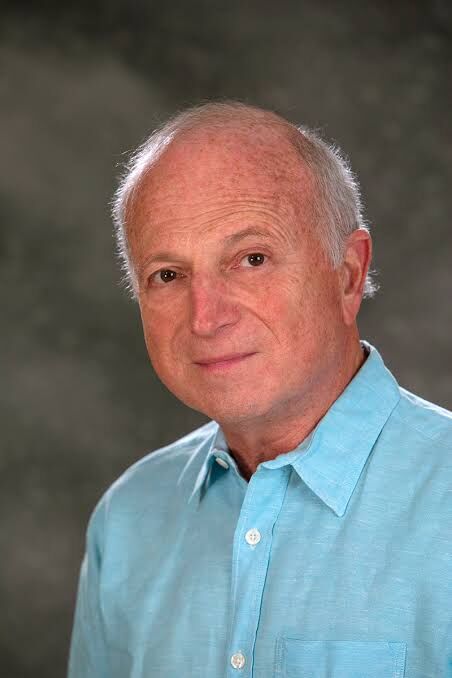Soon it was my turn to sit with my cousin’s body.
They took away my navel orange and bottle of water
since to chew and swallow were acts now impossible for the body,
offensive to its state in the bardo.
The lawyers were sorting through things
in his musty apartment across town -- where’s the will, the accounts,
the insurance policy? He lived alone there for twenty-five years,
his mother’s wig in a drawer, his father’s hat on a hook.
He was a dentist but maintained the fiction of being
a business consultant in order to attend trade shows –
technology, textiles, furniture, candy and toys.
During the vigil, it is forbidden to fulfill a commandment,
again, to avoid insulting the limited range of the dead.
His place was stacked high with boxes of brochures,
you could smell the mildewing paper and the demise
of aging materials comprising the house.
Cartons of free samples, many items no longer for sale –
dried up ballpoints, baby foods, shoe polish.
At family events he warned us
of the rise of masses of people with grievances –
those who neither invent nor build anything,
those who bloat from food stamps spent on snack foods,
those with no feel for history or culture.
You distribute the wealth, he said, you end with Stalin.
So we were baffled to discover he practiced his dentistry
two nights a week for free in a community clinic.
If there’s a man, there’s a problem, said Stalin. No man, no problem.
The lawyers found his checkbook and tax returns.
His assets were modest. No unstamped pages in his passport.
I called him cousin but the family connection was obscure.
We were most at peace with each other when talking
about our travels, especially neglected historical sites.
He would wear a jacket and tie to dinner but he was not so groomed
and he smelled vaguely of fish. At one point during the vigil,
I nodded off, then a hand shook me roughly by the shoulder.
How many years ago did I turn my face away from him?
